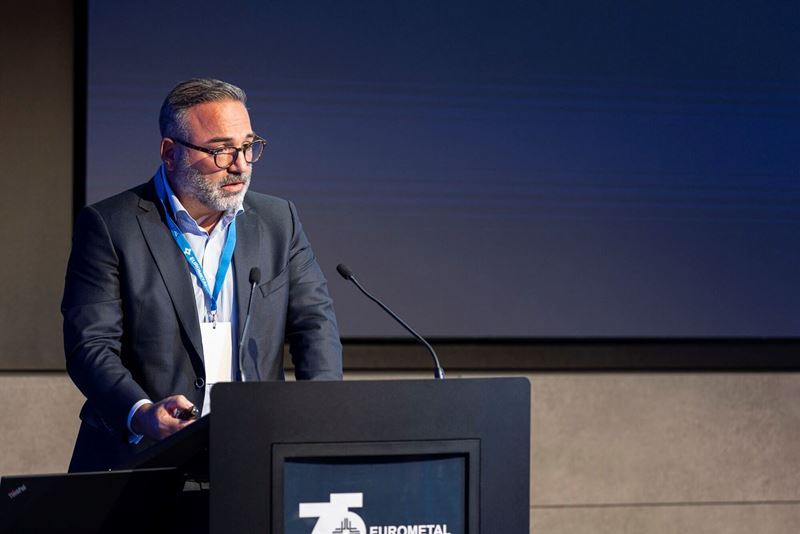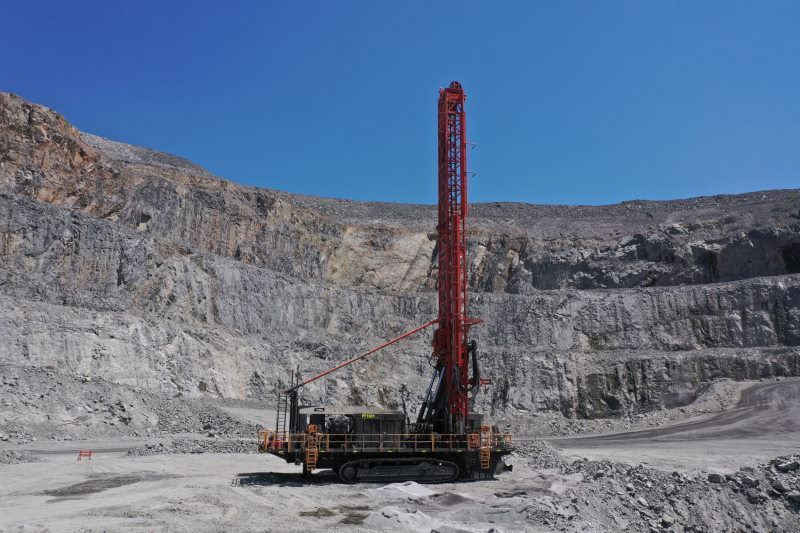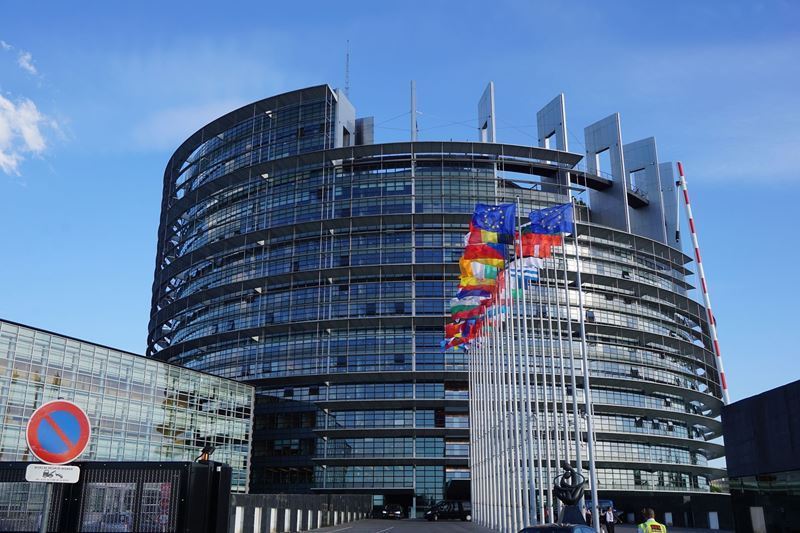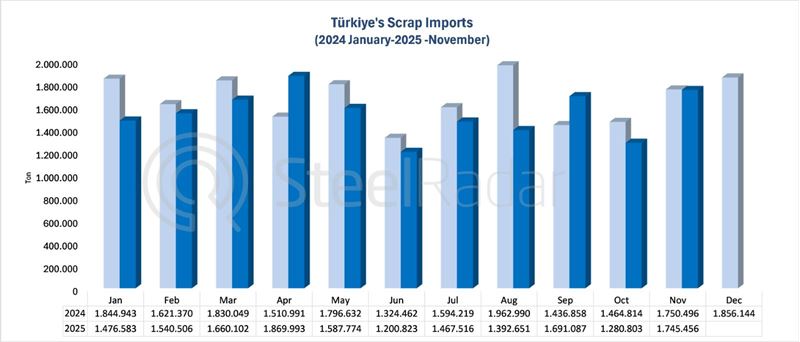Marino emphasized that in the current market conditions, it is imperative for all value chain actors to adapt to these changes by rethinking their roles, strategies and business models.
Marino highlighted the importance of decarbonization in steel production and stated that CO₂ emissions can be reduced by approximately 30% by transforming production processes. In this context, he stated that the traditional business models of steel service centers (SSCs) are losing their importance and that these structures need to redefine their roles.
Stating that Knauf Interfer has taken action to keep pace with this transformation as a factory-independent steel service center, Marino emphasized the need to reduce carbon emissions in the entire supply chain, from manufacturers to end users. Noting that changes in supply chains also offer new opportunities, Marino added that the company is increasing its investments in this direction.
Referring to the Carbon Border Adjustment Mechanism (CBAM), which came into force as part of the European Green Deal, Marino stated that fair competition conditions must be created in order to preserve industrial sovereignty. Emphasizing the resilient nature of family-owned companies and SMEs in Germany, Marino emphasized the importance of CBAM to be balanced and applicable for all industry stakeholders.
Marino noted that carbon costs are negatively impacting the steel sector, with CO₂ prices increasing by around 163% compared to the beginning of 2021. He reminded that free allocations under CBAM will end in 2027 and will be completely abolished by 2034.
Referring to the investments made by Knauf Interfer in response to this change, Marino stated that the high-capacity modern logistics centers in Duisburg, Germany and high-tech production lines have increased the company's competitiveness. Marino stated that they have established a sustainable distribution infrastructure based on 70% river transportation, 25% train and 5% truck use in logistics operations.
Emphasizing the importance of thinking and acting not only regionally but also globally due to geopolitical developments, climate change and the imperatives in product supply, Marino added that the success of companies is based on mutual trust with customers, suppliers, employees and financial institutions.










Comments
No comment yet.